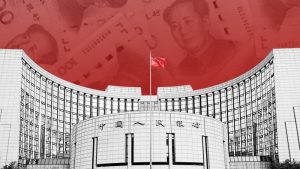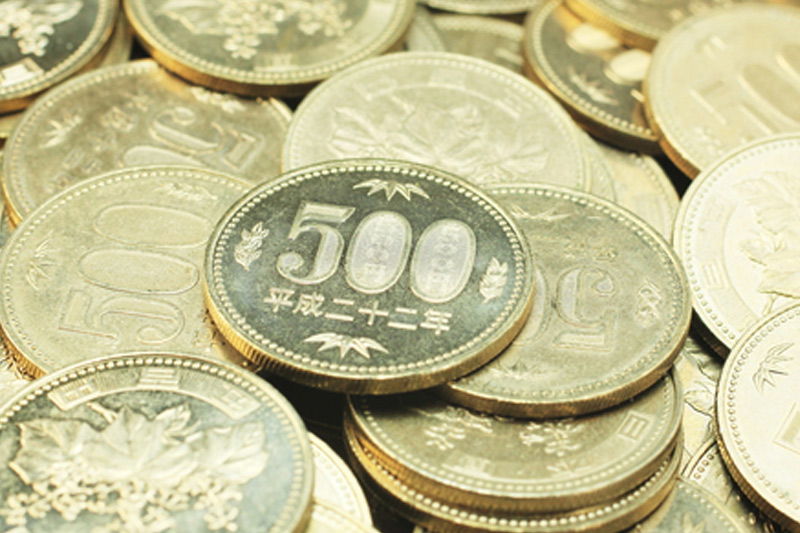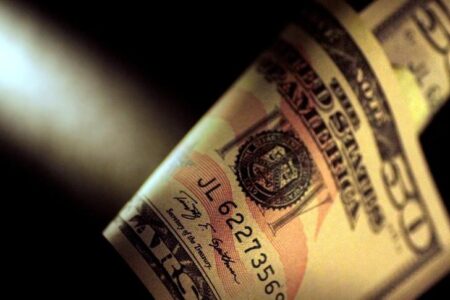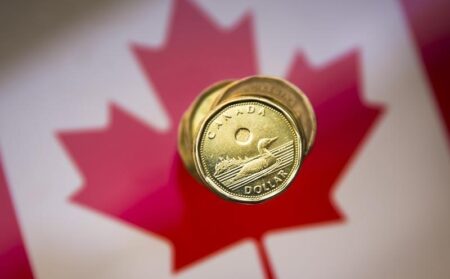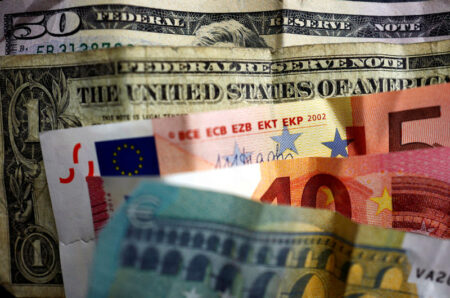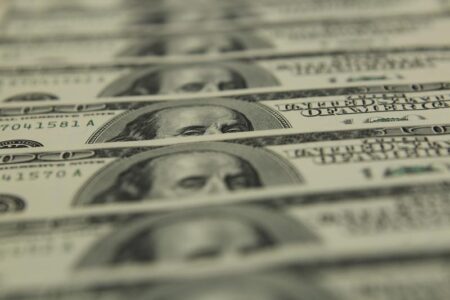Investing.com– Most Asian currencies fell on Thursday as concerns over higher U.S. interest rates pushed up the dollar and Treasury yields, with traders now watching for any Japanese government intervention after the yen slid to a one-year low.
Dollar at near two-week high amid Fed jitters
The and both rose 0.2% in Asian trade, hitting a near two-week high as markets hunkered down before a next week. While the central bank is widely expected to keep rates on hold, Fed officials have still left the door open for at least one more hike this year.
Recent signs of resilience in the U.S. economy also give the Fed more headroom to keep rates higher for longer. , due later on Thursday, is expected to show a strong pick-up in economic growth.
The prospect of higher for longer U.S. rates weighed on most Asian currencies, given that it diminishes the appeal of risk-driven assets. Regional units were nursing steep losses for the year, following a sharp rise in U.S. rates.
Japanese yen breaches 150; govt intervention, BOJ moves in focus
The broke past the key 150 level for the second time this month, ramping up bets that the Japanese government will intervene in currency markets to stem further weakness. The yen hit a one-year low of 150.41 to the dollar.
The currency had briefly broken past 150 on October 3, before rebounding sharply from the level. This spurred speculation that the government had already intervened in currency markets. Before October 22, the yen had last broken past 150 during the onset of the lost decade in 1990.
Weakness in the yen, coupled with a spike in Japanese , ramped up speculation that the will further adjust its yield curve control policy when it meets this Tuesday.
data due on Friday is also set to offer more cues on a potential policy pivot.
Most other Asian currencies retreated as worsening risk sentiment largely favored the dollar. Fears of an escalation in the Israel-Hamas war added to this notion, after Israel reiterated its commitment to a ground assault on Gaza.
The was flat as traders attempted to gauge just how much of an economic boom the government’s planned 1 trillion yuan ($136 billion) bond issuance will elicit. The currency remained under pressure from doubts over an economic recovery, as well as a meltdown in the property market.
The fell 0.2%, facing renewed pressure from a spike in oil prices on Wednesday.
The rate-sensitive lost 0.4%, as data showed the country’s grew more than expected in the third quarter. The reading pushed up expectations that the Bank of Korea was done hiking interest rates.
The slid 0.5%, ending a two-day rally as data showed a decline in through the third quarter. But expectations of an by the Reserve Bank in November are likely to buoy the dollar in the coming week.
Read the full article here

